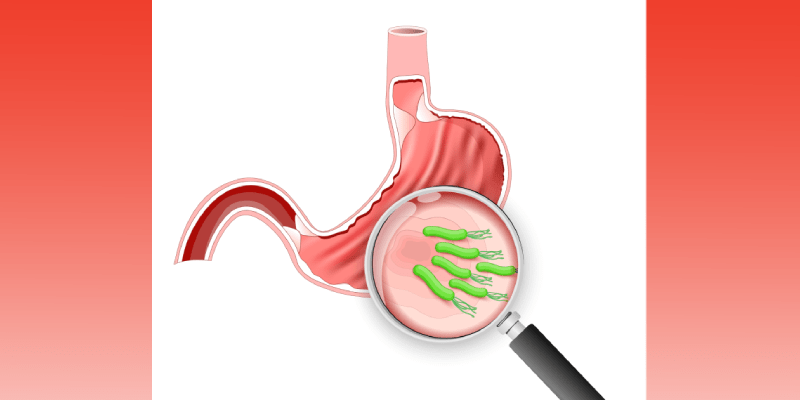
New research led by Runcong Nie, MD, PhD, and Yingbo Chen, MD, investigated the potential of an anti–Helicobacter pylori (H pylori) treatment after radical gastrectomy to increase survival for patients with gastric cancer and an H pylori infection.
The study was published in JAMA Network Open.
The retrospective study analyzed data from patients with gastric or esophagogastric junction adenocarcinoma who received curative gastrectomy with D2 lymphadenectomy and were diagnosed with an H pylori infection between January 2010 and December 2018.
Primary end points included overall survival (OS) and disease-free survival (DFS). Of the 1293 participants, 125 received anti–H pylori treatment, while 1168 did not.
Following survival analysis, researchers determined that the 5-year OS rates were 94.1% (95% CI, 89.3-99.2) for the anti–H pylori cohort and 73.8% (95% CI, 70.7-77.0) for the non-anti–H pylori cohort, with a hazard ratio (HR) of 0.33 (95% CI, 0.18-0.60; P<.001). Researchers noted the survival benefit remained after propensity score matching (HR, 0.50; 95% CI, 0.26-0.99; P=.048).
Upon multivariate analysis, the HRs for OS and DFS were 0.38 (95% CI, 0.17-0.87; P=.02) and 0.48 (95% CI, 0.28-0.83; P=.008), respectively.
A connection was found between patients with TNM stage II or III disease who received adjuvant chemotherapy as well as anti–H pylori treatment and an improved survival benefit (HR, 0.49; 95% CI, 0.24-0.99; P=.046). In patients with TNM stage II or III disease who did not receive adjuvant chemotherapy, anti–H pylori treatment was not connected with improved survival (HR, 0.29; 95% CI, 0.04-2.08; P=.22).
Investigators concluded that an anti–H pylori treatment may improve survival for patients with gastric cancer and an H pylori infection.
“The study reinforces the importance of including H pylori screening and treatment in the surgical treatment of these patients,” the researchers wrote.

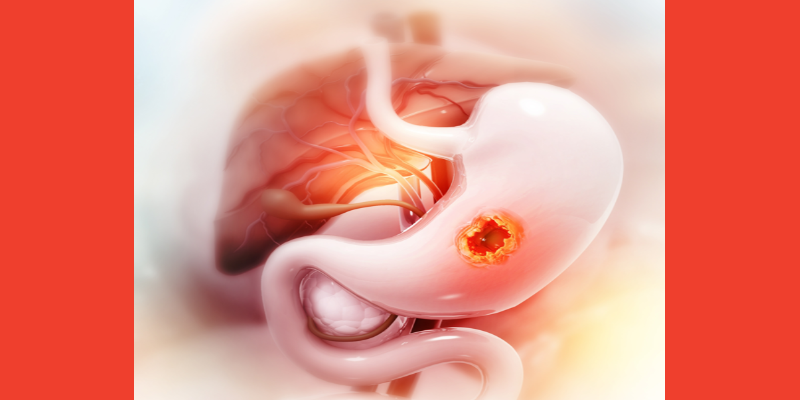
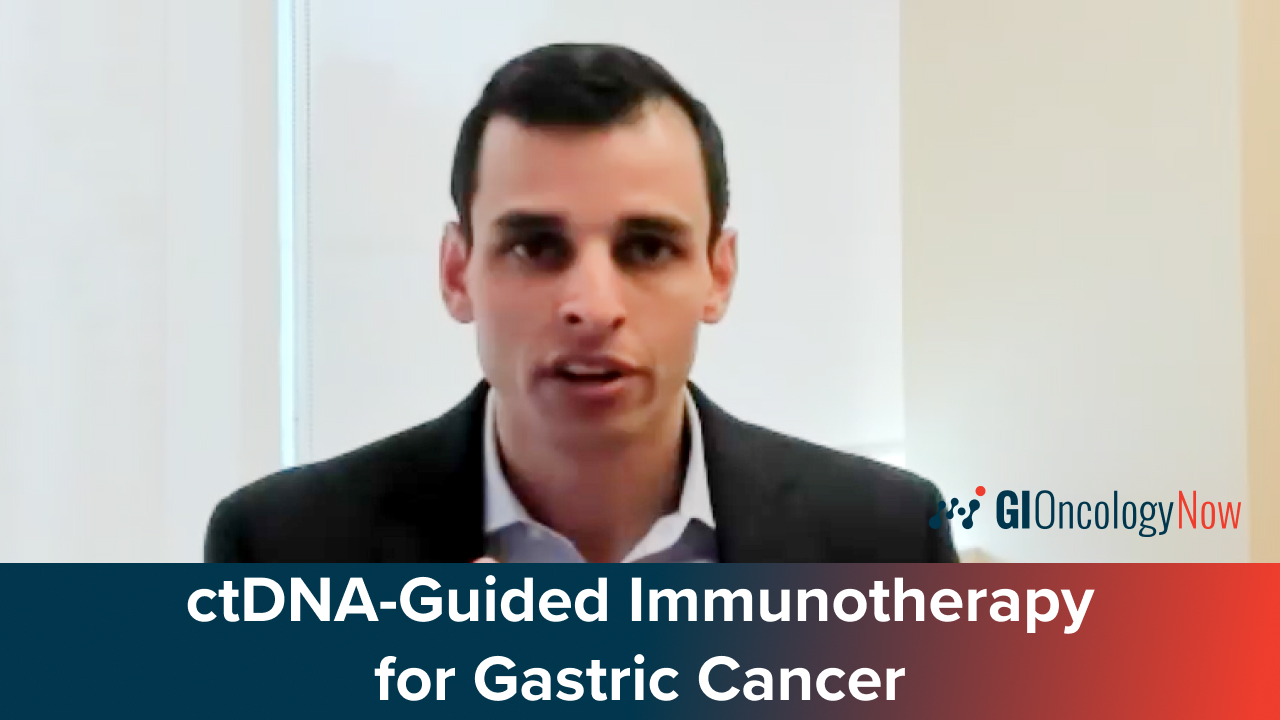
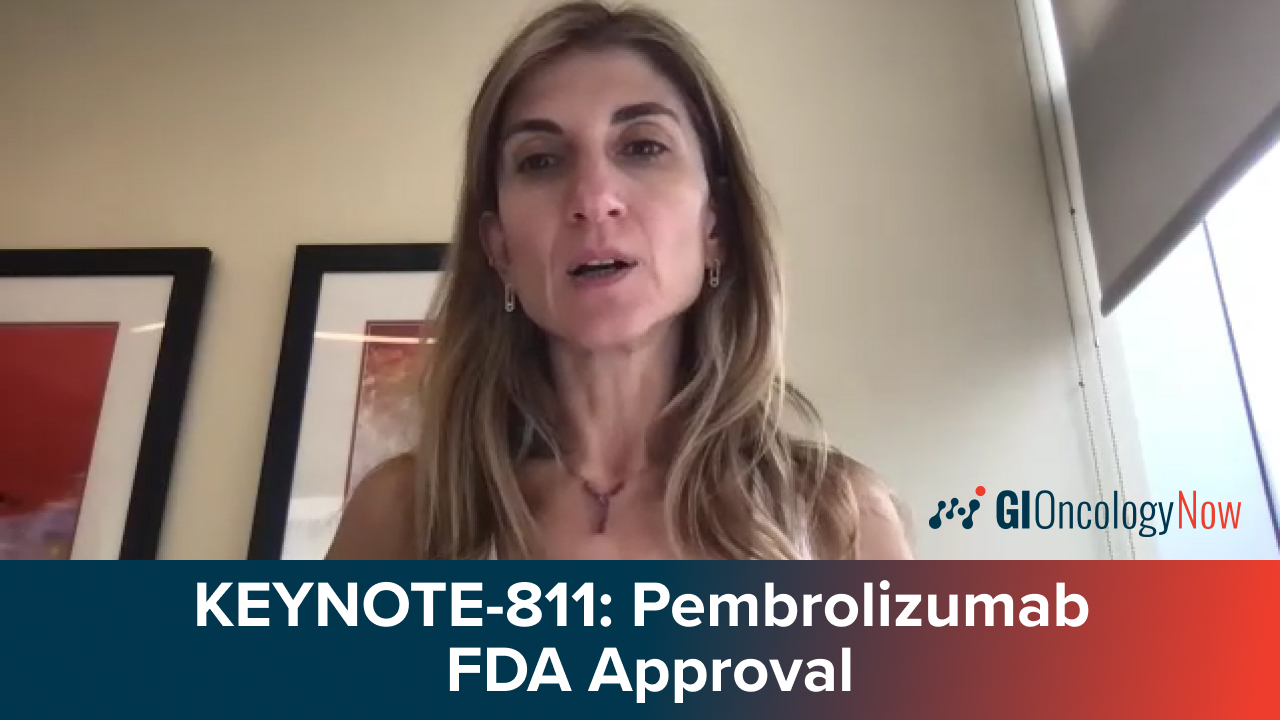
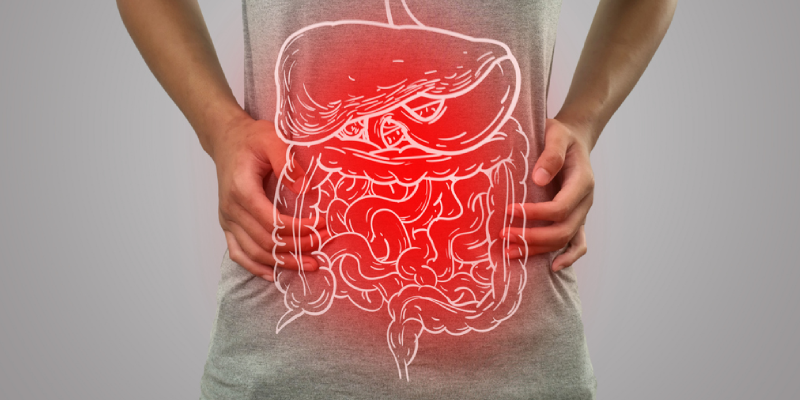
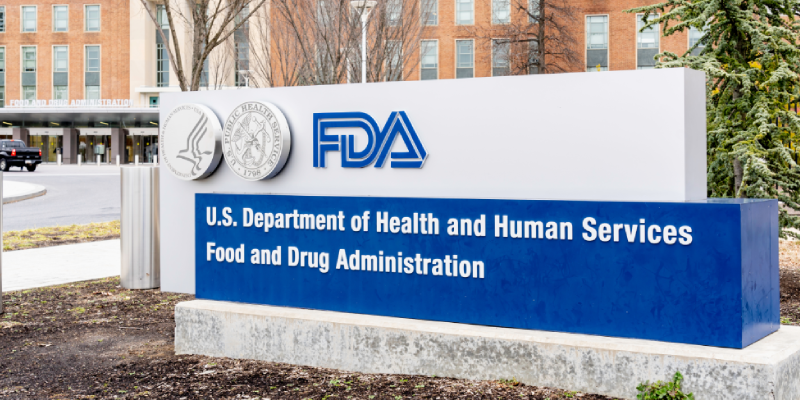

 © 2025 Mashup Media, LLC, a Formedics Property. All Rights Reserved.
© 2025 Mashup Media, LLC, a Formedics Property. All Rights Reserved.